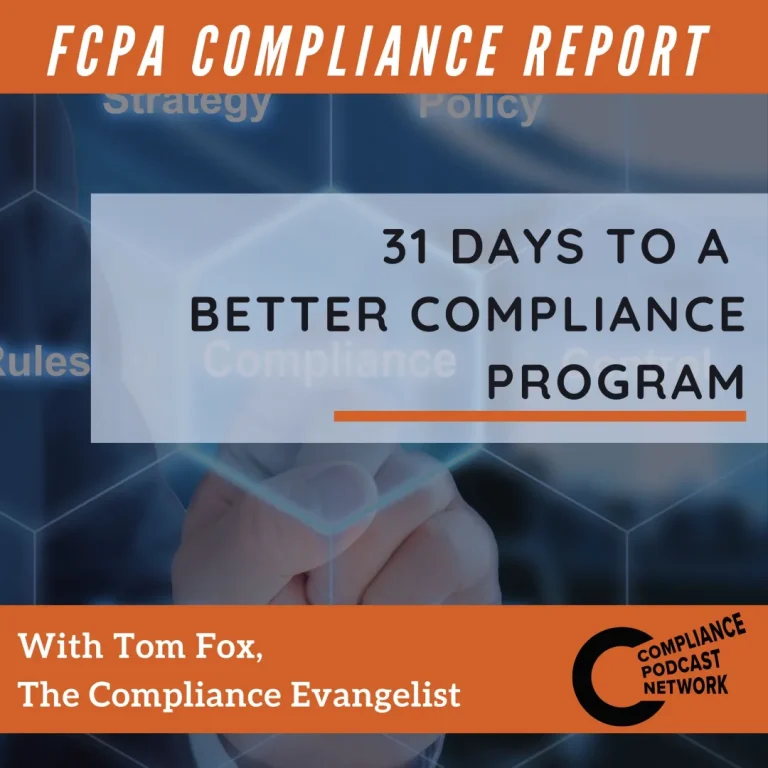We are now at a place where there is sufficient data, academic research, and actual use cases from corporations and businesses that demonstrate good ethics and compliance programs are not simply good for business but when properly used, they lead to greater profitability.
For 15 years, Ethisphere has been collecting data around its World’s Most Ethical Company awards. Companies that receive this designation have been found to outperform their peers on various stock indices. Ethisphere calls this the “Ethics Premium.” Ethisphere Executive Vice President (EVP) Erica Salmon Byrne has noted, “In tracking how the stock prices of publicly traded honorees compare to the U.S. Large Cap Index, we found that listed World’s Most Ethical Companies outperformed the large cap sector.” In 2010 that number was a delta of 4.5%. Yet by 2020, that number had skyrocketed to 13.5%. Clearly, Ethisphere has been on to something.
Academic research has also shown the efficacy of ethics and compliance programs. George Serafeim and Paul M. Healy demonstrated in their paper, An Analysis of Firm’s Self-Reported Anti-Corruption Efforts, that companies with robust compliance programs do better financially in countries prone to corruption than companies with less effective compliance programs. Without a robust compliance program, even with high sales in a high-risk country, the sales will drop off and lead to a negative Return on Equity (ROE) of between 24% to 30%.
Dr. Kyle Welch, Assistant Professor at George Washington University (GWU), in his paper, co-authored with Stephen Stubben, Associate Professor from The University of Utah, entitled “Evidence on the Use and Efficacy of Internal Whistleblowing Systems” (Report). In this paper, Welch and Stubben reviewed some 15 years of anonymized data from NAVEX Global, Inc. This data was from the company’s hotline reporting systems. Some of the key findings included that companies with a robust whistleblower and reporting system had greater profitability and workforce productivity as measured by Return on Assets (ROA) there were fewer material lawsuits brought against the company overall and there were lower settlement costs if a lawsuit did occur. Finally, there were fewer external whistleblower reports to regulatory agencies and other authorities.
Three key takeaways:
1. It’s not simply speaking up, it’s a culture of speaking up.
2. Companies with speak-up culture, have a material reduction in legal fines and penalties.
3. Use Companies with a speak-up culture, to have a higher ROI.
Do you want to improve your culture? How can you assess your culture and develop a strategy to improve it going forward? In this free webinar on the new tool, The Culture Audit with Tom Fox and Sam Silverstein on Tuesday, November 28, 12 CT. For more information and registration, click here.



